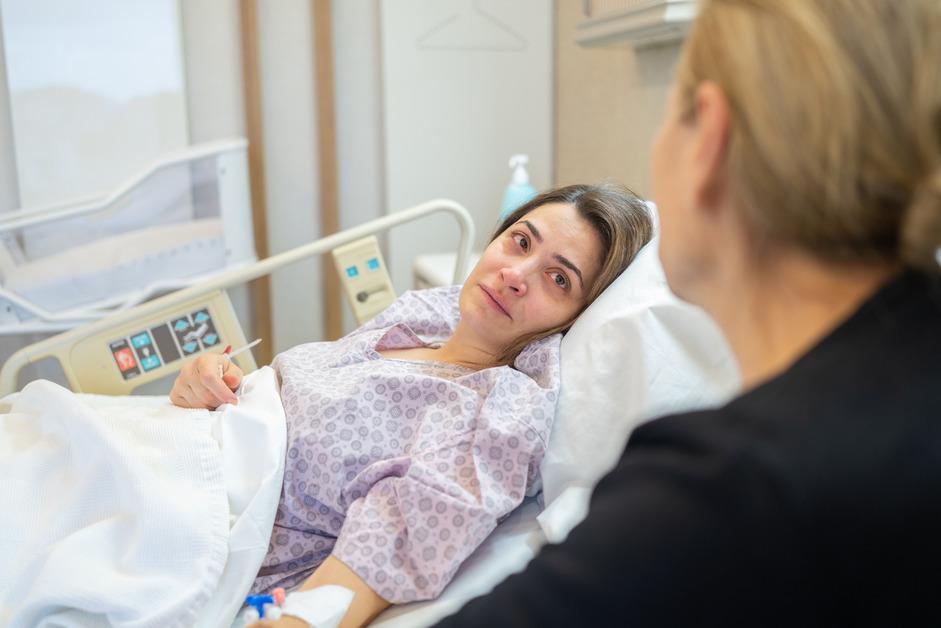What Most People Get Wrong About Palliative Care: It Doesn’t Mean Death
Published Nov. 1 2023, 5:27 p.m. ET

The Gist:
Palliative care can be fear-mongering, because people associate it with hospice care or end-of-life care.
Both palliative and hospice care are used to treat serious illnesses, but palliative care is given at any stage and does not mean someone is dying.
- Palliative care can provide mental and emotional support during medical treatment.
Palliative care garners a lot of negative attention, largely in part because people often equate it to hospice care and death. However, palliative care is simply medical attention given to those at any stage of a serious illness, aimed to improve their quality of life while undergoing treatment.
Let’s break down the misconceptions surrounding palliative care, and why some people may think palliative care is bad.

Why do some people think palliative care is bad? Many mistakenly conflate it with hospice care.
Palliative care is often viewed negatively because it tends to be confused with hospice care or end-of-life care. However, palliative care is not end-of-life care, but the care given at any point after the diagnosis, per Harvard Medical School.
Hospice care, on the other hand, is meant to provide support when a patient has reached an incurable point of their illness, and comes with many criticisms.
According to Verywell Health, hospice care is not the same everywhere, and a patient might not receive all the treatments they would in a hospital setting. In addition to this, the hospice agency might not be able to afford certain tests and treatments, such as blood work.

Poor quality of care is another major concern. Unfortunately, there are been instances of patient harm, abuse, and neglect in hospices, per the U.S. Department of Health and Human Services. These, as well as other concerns, are why patients or families may be hesitant to consider hospice care.
Some are critical of palliative care because it is not accessible to everyone. According to the World Health Organization (WHO), statistics from 2020 revealed that worldwide, only 14 percent of people who need palliative care receive it. The need for palliative care is expected to grow in the coming years, and healthcare systems need to implement policies and services that make them prepared to properly serve a larger population of patients.

Palliative care also has a number of benefits.
Palliative care is seen as holistic care and has the ability to improve a patient’s quality of life.
One study found that palliative care had the ability to improve the quality of life and symptoms of depression while in treatment for lung cancer. Another study found that palliative care improved positive coping among cancer patients and their families.
However, one of the most important benefits of palliative care is that it is made up of a team to supplement the work of your doctor. Although some doctors can provide medical treatment, they are not always able to aid the patient in all aspects of their suffering.
Palliative care teams can be made up of social workers, physicians, and spiritual counselors, all working to provide physical, emotional, and spiritual support during the treatment process. Per Weill Cornell Medicine, a palliative care team can be helpful in navigating a serious diagnosis, and the mental and physical impact of treatment.